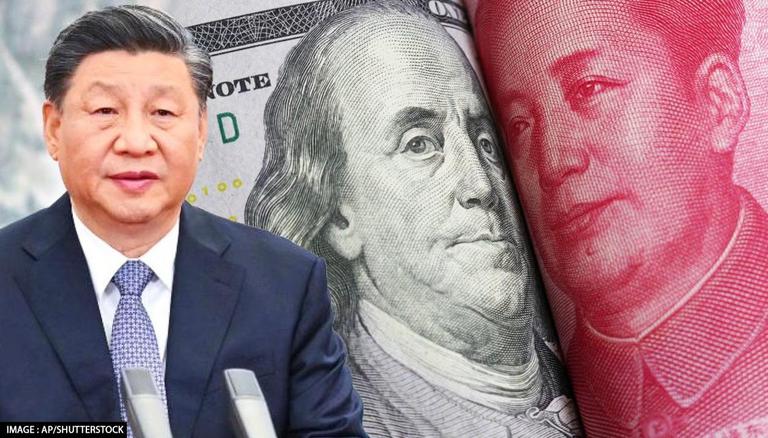In another blow, China’s Yuan hit the lowest mark against the US dollar in two years on Monday, August 29. In offshore trading outside of mainland China, the Yuan, which is also referred to as the renminbi, declined by around 0.5% against the US dollar. According to a CNN report, it traded at 6.9277, which is considered to be the lowest since August 2020. Further, onshore trade saw a big decline in the Yuan as well, falling 0.6% from the previous day. This comes amid reports claiming that many currencies have done better than China’s yuan this year.
This happened after a recent rally for the greenback was sparked by Federal Reserve chairman Jerome Powell’s aggressive remarks. Following Powell’s indication that the US central bank will battle inflation with further record rate hikes, risk assets have fallen all around the world. Investors were troubled by his remarks as they considered the potential effects of more pronounced interest rate increases on the state of the economy, CNN reported.
In a note to clients on Monday, Citi analysts predicted that “broad US dollar strength will likely remain supported by hawkish Fed messaging and growth divergence in favour of the US dollar,” adding that this will continue to put stress on Asian currencies. “Worse-than-expected economic data” and a rate drop have also contributed to the Yuan’s recent depreciation, they noted.
China’s economic outlook has deteriorated sharply in recent months
This year, as China’s economic outlook deteriorated and monetary policies in the United States and China became more dissimilar, Yuan’s depreciation against the US dollar has quickened. While China’s government has prioritised combating the recession and drastically lowered rates, the Fed has launched an attack on inflation and has continued to raise interest rates.
According to the CNN report, the People’s Bank of China unexpectedly reduced interest rates earlier this month as new data revealed that the economy had been losing momentum due to further COVID-19 lockdowns and a worsening real estate downturn last month.
Analysts have also raised voices about how record-breaking heatwaves and drought in China may affect the country’s economic development. Many foreign companies have already experienced disruption at their plants due to power shortages, including Tesla and Toyota.
Besides this, against the US dollar, the offshore yuan has dropped 3% this month and 9.4% overall since March. The yuan was expected to finally hit 6.95 against the US dollar, according to Citi analysts.

